TL;DR – Gradle 8 Upgrade Issues & Fixes
- Gradle 8 upgrade often breaks older Android projects due to Kotlin, Java, and plugin mismatches.
- Use Android Studio’s upgrade tool and align all dependencies before upgrading.
- Common errors include kapt failures, metadata mismatches, and unsupported Kotlin versions in the IDE.
- Fixes involve updating Kotlin to 2.1.10+, Java to 17 or 21, and forcing consistent library versions.
- Always run ./gradlew clean, analyze dependency conflicts, and refer to compatibility release notes.
Introduction
Upgrading Gradle isn’t always a smooth process—especially if you’re working with an older Android project and making the leap directly to Gradle 8+. You’re likely to encounter a mix of compile-time and runtime errors. Some libraries may be deprecated, others might not yet support the latest environment, and many tools will require precise version alignment.
As a mobile app development company upgrading one of our Android projects to Gradle 8+, Kotlin 2.1.10, and Java 21, we ran into a series of frustrating issues. In this post, we’ll walk you through the exact steps we took, the Gradle 8 upgrade issues we encountered, and how we solved them—so your upgrade process can be a lot smoother.
Step-by-Step: Preparing for a Gradle 8 Upgrade
- Use Android Studio’s Upgrade Tool
Android Studio offers a built-in upgrade tool that will handle most of the Gradle migration work for you. It modifies files like gradle-wrapper.properties, build.gradle, settings.gradle, and gradle.properties. - Update All Dependencies
Make sure all the libraries and plugins you use are compatible with the new Gradle version. - Update Kotlin Version
Gradle 8+ requires newer Kotlin versions. I used Kotlin 2.1.10, which is stable and supports most modern libraries. - Upgrade Java Version
Gradle 8 works well with Java 17 or 21. Update the Java toolchain and set your jvmTarget accordingly.
Errors You Might See (And How to Fix Them)
Error: Execution Failed for Task :app:kaptProductionDebugKotlin
This Gradle 8 upgrade issue is caused by version conflicts between Kotlin, kapt, Dagger, and Room. You might see something like:
A failure occurred while executing
org.jetbrains.kotlin.gradle.internal.KaptWithoutKotlincTask$KaptExecutionWorkActionFix:
- Make sure all annotation processors (kapt, Dagger, Room) are using versions compatible with your Kotlin version.
- Double-check the kapt block in your build.gradle.
- Run ./gradlew app:dependencies to identify version conflicts.
- Try different versions of kapt-related dependencies until the error disappears.
- Run ./gradlew clean and invalidate cache in Android Studio to clear stale build files.
Error: Kotlin Version Not Supported in IDE Plugin
Kotlin version used for building with Gradle (2.1.10) is not properly supported in the IDE plugin (2.0)
Fix:
- Update Android Studio to the latest stable version.
- Update the Kotlin plugin in Android Studio to match your project’s Kotlin version.
- Ensure the Kotlin Gradle plugin version in build.gradle matches the version in your IDE.
Error: Plugin Version and Library Version Mismatch
Another Gradle 8 upgrade issue you may face:
Plugin version (2.1.10) is not the same as library version (1.9.10)
This is due to one of your dependencies pulling an old version of the Kotlin standard library.
Fix:
Run:
./gradlew app:dependenciesLook for mismatched versions of kotlin-stdlib or other libraries.
Force Kotlin to use a single version:
configurations.all {
resolutionStrategy.eachDependency {
if (requested.group == "org.jetbrains.kotlin") {
useVersion("2.1.10")
}
}
}Error: kotlinx-metadata-jvm Version Mismatch
java.lang.IllegalArgumentException: Provided Metadata instance has version 2.1.0, while maximum supported version is 2.0.0
This Gradle 8 upgrade issue is usually caused by Room or another dependency using an older version of kotlinx-metadata-jvm.
Fix:
- Update the Room library to a version that supports kotlinx-metadata-jvm 2.1.0.
- Check Room’s official release notes for compatibility.
If needed, enforce metadata version globally (use caution):
configurations.all {
resolutionStrategy.force("org.jetbrains.kotlinx:kotlinx-metadata-jvm:2.1.0")
}Other Gradle 8 Upgrade Issues You Might Face
Unsupported Java Version
If you see errors like:
Unsupported class file major version XX
It usually means Java 21 is being used, but your project settings don’t support it.
Fix:
Unsupported class file major version XX
It usually means Java 21 is being used, but your project settings don't support it.
Fix:
java {
toolchain {
languageVersion.set(JavaLanguageVersion.of(21))
}
}Deprecated Features Warnings
Gradle may throw warnings about deprecated APIs:
Deprecated Gradle features were used in this build
Fix:
Run with:
./gradlew build --warning-mode=allGradle will give you suggestions on how to update deprecated configurations.
Conclusion
Upgrading to Gradle 8 can feel like opening Pandora’s box—especially for older Android projects. Most Gradle 8 upgrade issues arise from version mismatches across Kotlin, Java, plugins, and dependencies. However, with a methodical approach—updating each component, leveraging Android Studio’s upgrade tools, analyzing the dependency tree, and clearing outdated build caches—you can resolve these issues efficiently.
As a mobile app development company, we’ve learned that thorough testing after each change and referencing official compatibility matrices and release notes is key. Once everything is aligned, your Android build process becomes more stable, faster, and ready for modern development workflows.


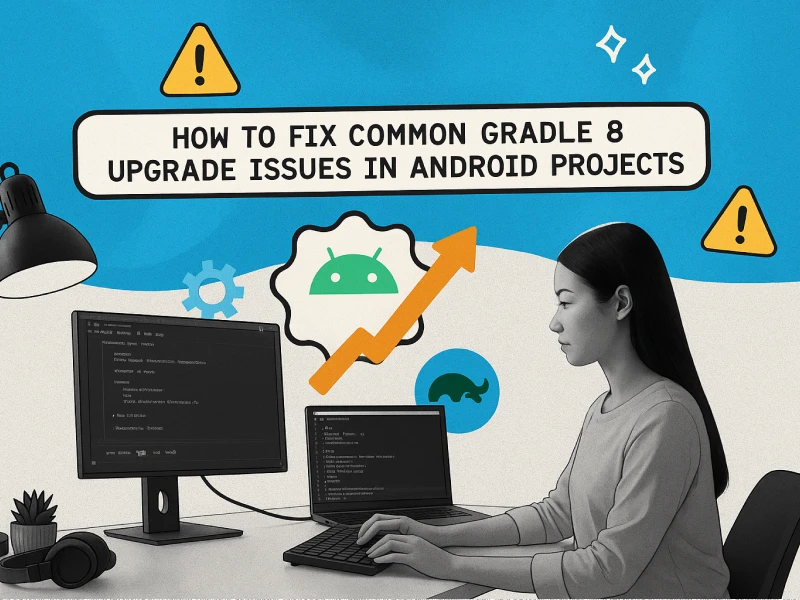



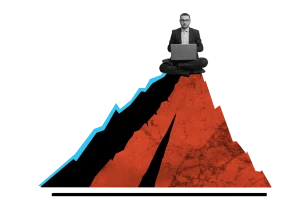




 30 mins free Consulting
30 mins free Consulting 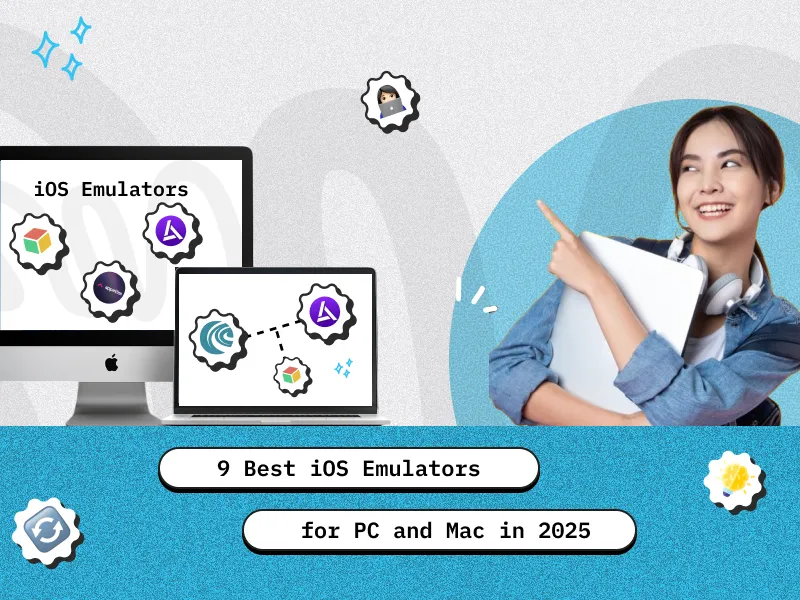
 12 min read
12 min read 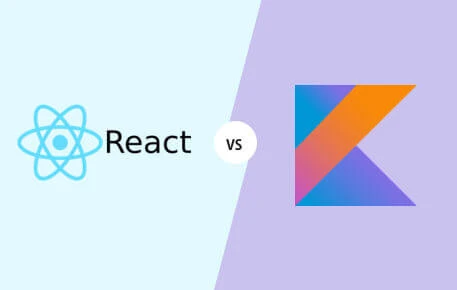
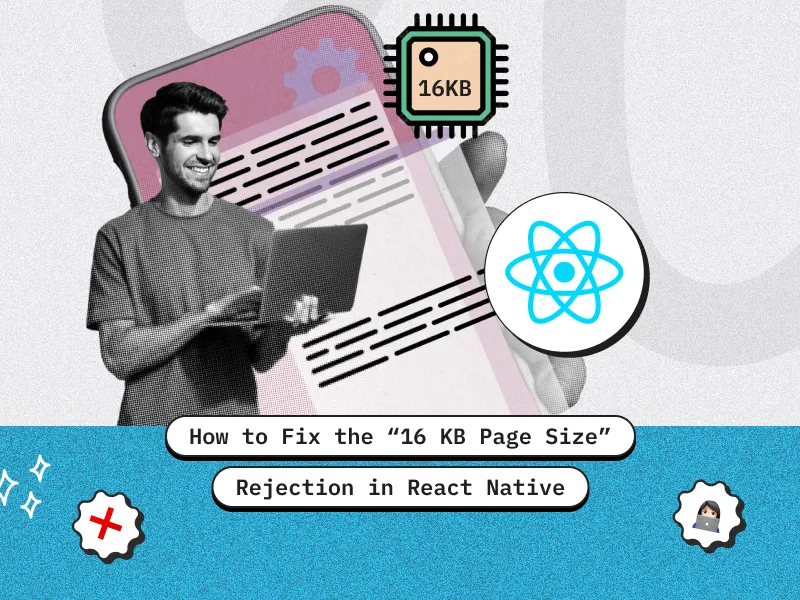
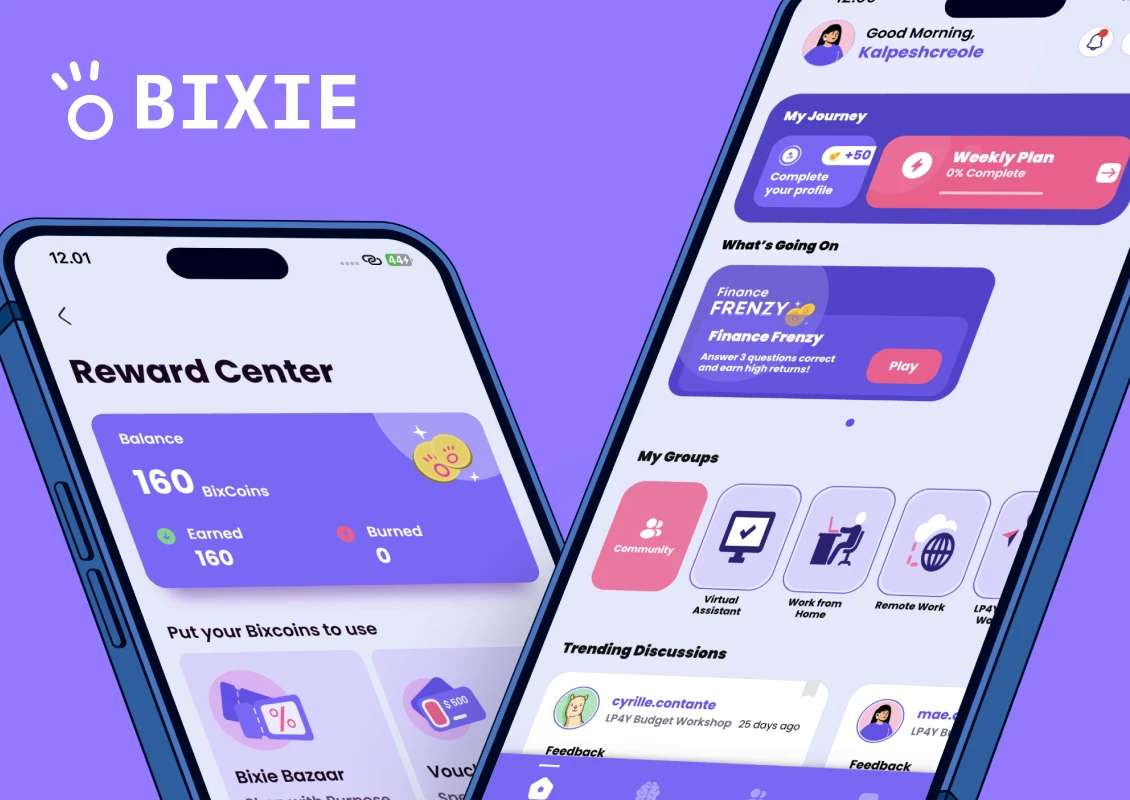
 Singapore
Singapore 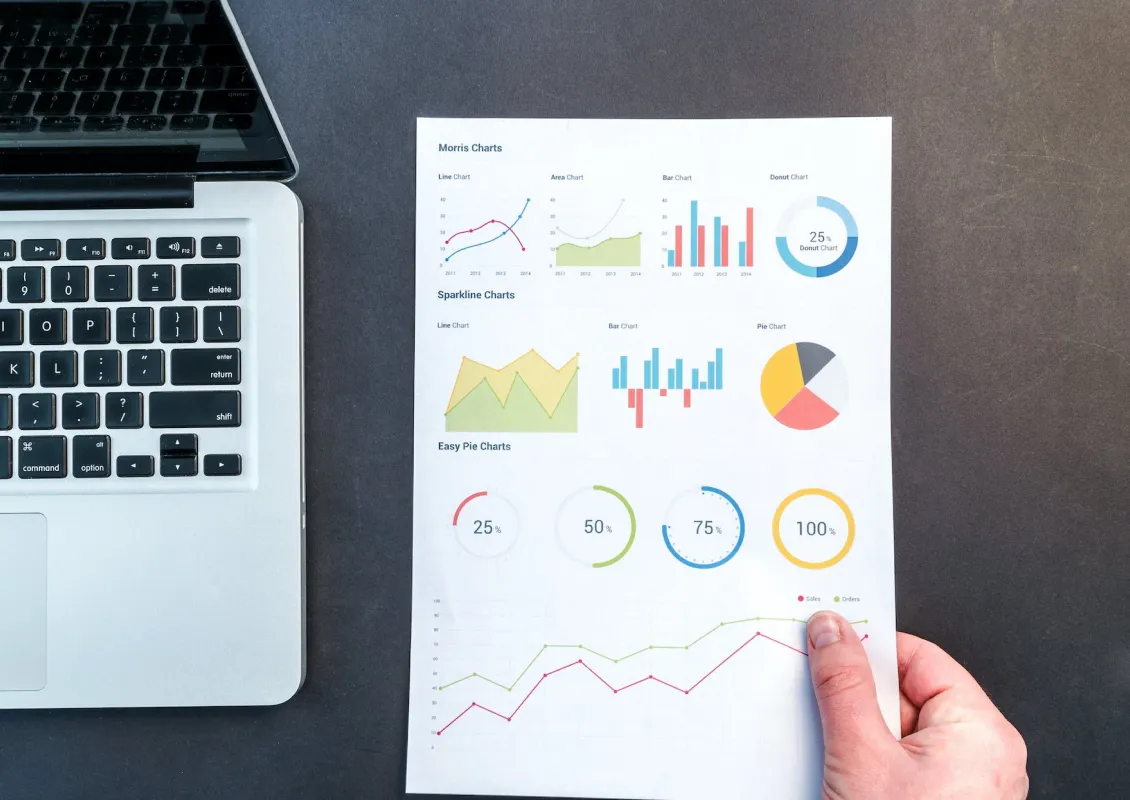
 USA
USA 
 Finland
Finland 





 Love we get from the world
Love we get from the world 